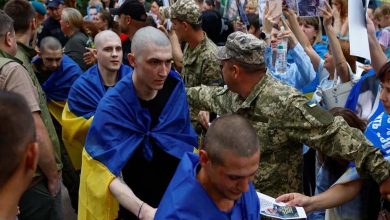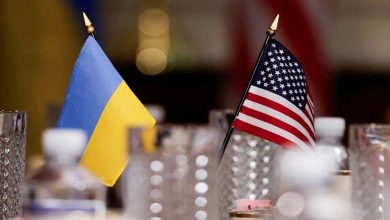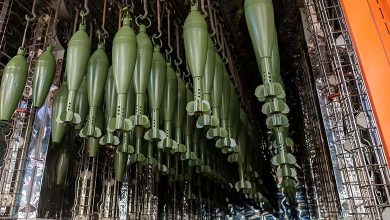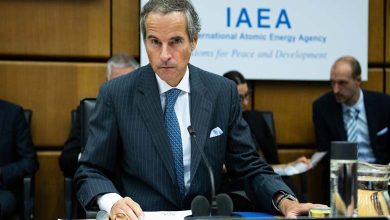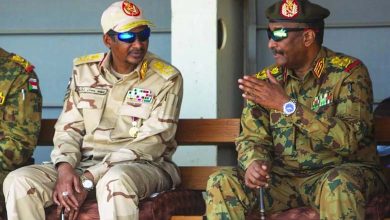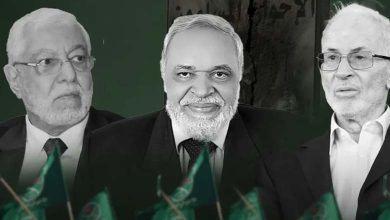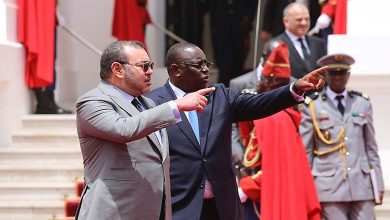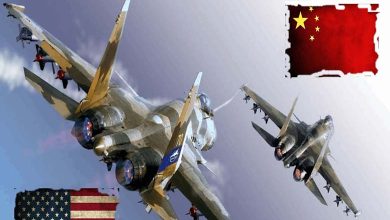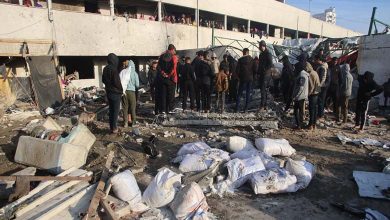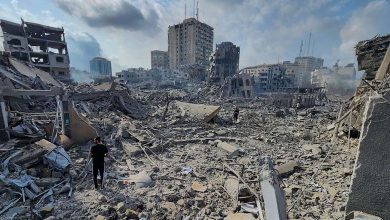What Is the Link Between the Muslim Brotherhood and the “Eastern Orta” Militia? Can Internal Divisions Lead to Conflict?
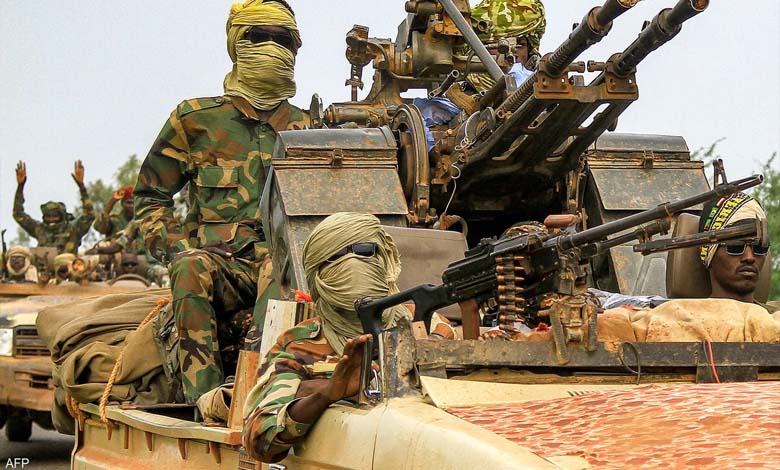
The recent emergence of the “Eastern Orta” militia in eastern Sudan has raised significant questions. These militias, operating in the Red Sea states (whose capital, Port Sudan, has become a temporary capital), Kassala, and Gedaref, are coordinating with the Sudanese army, which has been engaged in a fierce war with the Rapid Support Forces (RSF) for over a year and a half. This marks the first appearance of militias in areas previously untouched by the war.
-
The Muslim Brotherhood in Sudan Seeks to Return to the Scene Through International Conferences… Details
-
Amidst the Crimes of the Muslim Brotherhood in Sudan… The ICC Demands the Disclosure of Bashir and Haroun’s Whereabouts
The National Congress group, led by Ibrahim Mahmoud Hamid, which is reappearing on the scene, has close ties with Eritrea and Al-Amin Dawood, the leader of the militia known as the “Eastern Orta.” This militia made its presence known simultaneously with the resurgence of the National Congress and the Muslim Brotherhood.
In late October, the “Eastern Orta” militia announced the deployment of its forces, which had received military training in neighboring Eritrea, to eastern Sudan in coordination with the army.
-
Power Sharing Deals… New Maneuvers by the Muslim Brotherhood in Sudan
-
Mohamed Al-Samani Al-Insirafi… An agent of the Muslim Brotherhood in Sudan
In a statement, the militia declared: “Your valiant forces, led by General Al-Amin Dawood Mahmoud, are deploying to the eastern region following technical and military consultations with the People’s Armed Forces.”
The militia, part of four armed groups trained in Eritrean camps, raises concerns about the involvement of new armed factions in an already deadly conflict with no resolution in sight, according to AFP.
-
The Brotherhood in Sudan return to the scene… Under the watchful eye and ear of the army!
-
Among them is an intelligence officer.. Arrest of Brotherhood in Sudan
Observers suggest that the collusion between these militias and a dissident from the Muslim Brotherhood, Ibrahim Mahmoud Hamid, a former member of the now-dissolved National Congress Party, could signal that Islamic movement leaders are resorting to armed militias to resolve their internal disputes, potentially escalating conflicts and wars in the country.
During a meeting last weekend, the Shura Council of the dissolved party elected Ahmed Haroun as its leader, despite opposition from another faction led by Ibrahim Mahmoud Hamid.
-
The Brotherhood Plans to Drag Sudan into Civil War… Details
-
Under the Patronage of the Muslim Brotherhood… How Sudan’s Foreign Ministry Became a Tool of Repression
The executive office led by Ibrahim Mahmoud had preempted this meeting by issuing a statement the previous Wednesday, declaring its non-recognition of any decisions arising from it. It labeled the meeting a violation of fundamental regulations and urged invited members not to attend.


